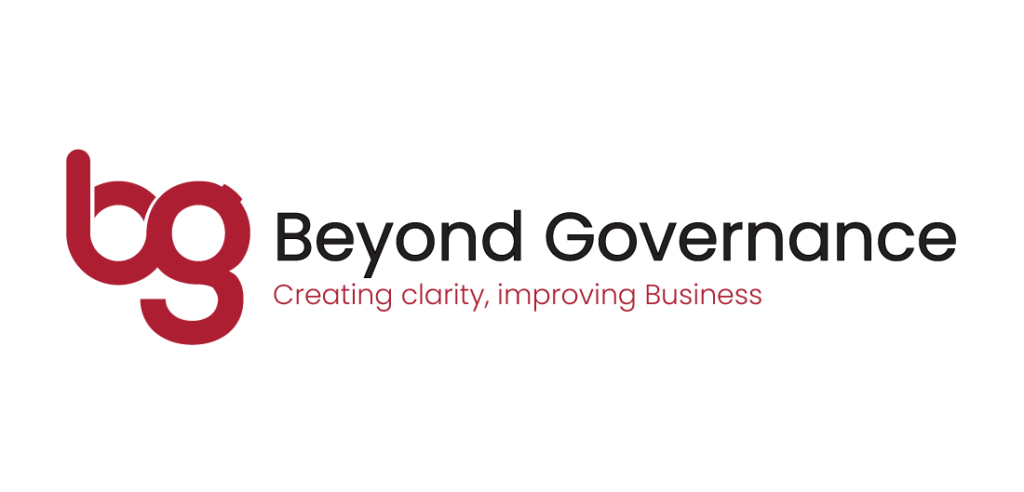If you have a December year end, this month and the next are usually spent annual report drafting, reviewing and redrafting.
Some of you may already be in full swing whilst others may not have started yet. Whatever stage you are at, whether that be staring at a blank piece of paper or suffering from word blindness, we can help you.
What has changed this year?
The audience has shifted. It is now much wider than shareholders. If you want the most value for money – make it address your key stakeholder groups. Use it for employee engagement, supplier KYC and a marketing tool. The traditional interest of shareholders is also changing. Many investors want to know a company’s impact on society as well as sound financial performance.
Here are some things to think about for this year:
COVID-19 disclosures:
Companies are expected to explain to stakeholders the impact of COVID-19 on their business health. The FRC have been critical of disclosures made so far and have asked for enhanced disclosures within forward looking parts of the strategic report as well as in the financial statements.
Diversity:
Last year, EY reported slow progress against the targets for increased ethnic diversity on Boards as set by the Parker Review. The initial target was:
- FTSE 100 – at least one member from an ethnic minority background by 2021.
- FTSE 250 – the same target but by 2024.
Companies are asked to report transparently on how they are building their talent pipeline. Consideration of this area should be factored into advisory measures for board appointment disclosures as well as the work of the Nomination Committee.
Brexit:
Alongside everything else that has happened this year, Brexit is another factor that companies need to consider. Companies are expected to disclose the possible impact to stakeholders.
Climate:
Companies should disclose their impact on climate. It is expected to be woven into strategy related disclosures rather than just the greenhouse gas disclosures.
Taskforce on Climate-related Financial Disclosures (TCFD):
Whilst this is not mandated for reporting on just yet, some companies are early adopting as it helps to explain environmental impact. TCFD focuses on two governance areas: 1) describing the board’s oversight of climate related risks and opportunities; and 2) describing management’s role in assessing and managing climate-related risks and opportunities.
S.172:
All large companies should include a description of how their directors have discharged their duties to promote the success of the business, with regard to the long-term prospects and the impact of business operations on the community and environment. Descriptions of how stakeholders have been engaged, how their voices are heard in the Boardroom and the impact this had on decisions made during the year are expected.
Remuneration:
Unsurprisingly remuneration will be a key focus for many stakeholders this year with pay rises and bonus pay-outs being more contentious than ever before. Any bonus or salary increase for executives should be considered alongside receipt of Government funding and the treatment of the wider workforce. Enhanced explanations and rationales are expected.
Want to make your 2020 annual report journey easy?
Contact us today to find out how we can alleviate the pain and avoid those late nights and weekend working by calling +44 (0)20 3745 1916



